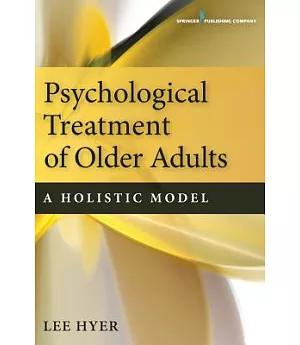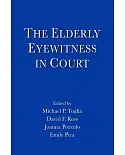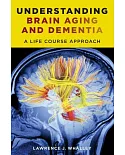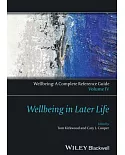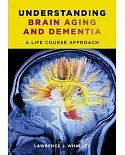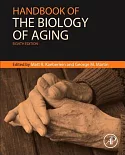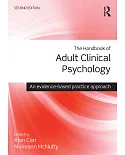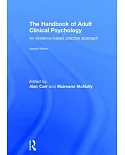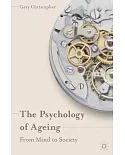Noting the ineffectiveness of current models that treat isolated symptoms or conditions, Hyer (psychiatry and health behavior, Mercer School of Medicine and Georgia Neurosurgical Institute)
draws on research and clinical practice to outline a holistic, case-based approach to the assessment and treatment of psychosocial impairment in older adults by psychosocial and medical
practitioners. His approach focuses on relationship building, prevention, psychoeducation, multipronged interventions for comorbid problems, and communication in the context of a
multidisciplinary healthcare team, the patient, and their family. He focuses on five core areas--depression; anxiety; cognition; medical concerns, especially pain and sleep; and adjustment or
daily life problems--and proposes a ?watch and wait? model where patients are assessed and monitored in all five areas and provided with therapy and community-based interventions. He provides
background on gerontology and geriatrics, the use of psychotherapy and modular interventions, and each core problem, as well as discussion of how the psychosocial model can be applied in
primary care, core assessments, the use of medications, suicide, subsyndromal states, the use of cognitive-behavioral therapy, models of caregiving and long-term care, and the psychological
treatment of older adults from an economic perspective. Annotation ©2014 Book News, Inc., Portland, OR (booknews.com)

